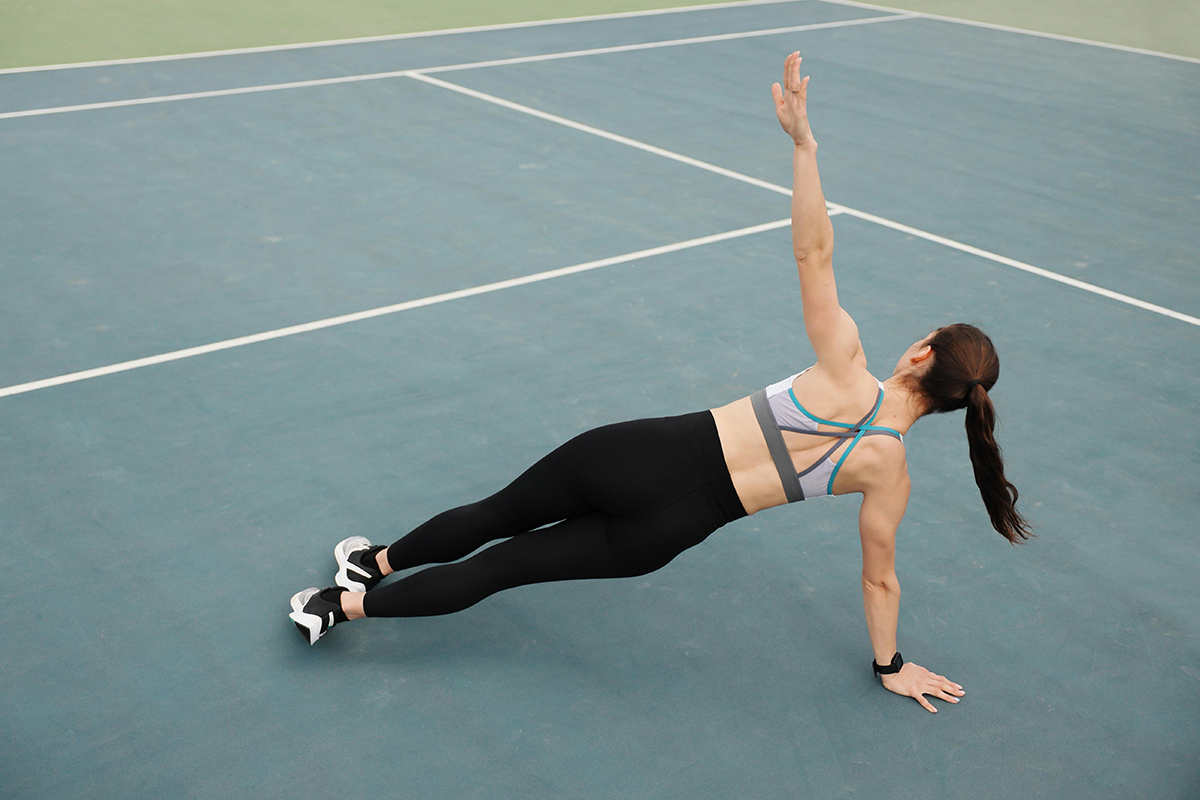How active are future healthcare professionals? Results of a study on physical activity among RSU students
RSU acting lecturer Lāsma Spundiņa shares the results of a study on physical activity among students at Rīga Stradiņš University (RSU). Physical activity is one of the most important components of a healthy lifestyle – it not only improves physical health but also enhances mood, sleep quality, and overall well-being. The World Health Organization (WHO) recommends that adults aged 18 to 64 engage in at least 150–300 minutes of moderate-intensity, or 75–100 minutes of high-intensity aerobic physical activity per week.
Unfortunately, the reality is somewhat different – both in Latvia and across Europe, physical activity among adults remains insufficient. This is particularly concerning among students, as balancing studies with work and other daily responsibilities often leaves little time or energy for an active lifestyle.
A study was conducted at RSU to analyse the physical activity habits of healthcare students. The aim of the research was to determine how frequently, for how long, and in what forms students engage in physical activity, as well as to identify the main barriers and motivating factors. The prevalence of a sedentary lifestyle was also assessed, taking into account academic and work commitments.
A total of 435 students took part in the survey.
Main findings
- Only 42 % achieved the recommended levels of physical activity
- More than half (55 %) of students work full-time or part-time
- 73 % reported that lack of time is the main obstacle to maintaining an active lifestyle
- 50 % also cited lack of motivation as a significant limiting factor
- At the same time, 78.6 % of students exercise to improve their well-being, 66.2 % for health reasons, and 60.2 % to enhance their appearance
The most commonly reported regular activities included strength training (24.8 %), brisk walking or Nordic walking (13.8 %), and cardio training (12.4 %). Encouragingly, almost half of the students (50.3 %) use smart devices to track their physical activity, which supports both motivation and goal achievement.
The results of the study indicate that a significant proportion of students are still not engaging in sufficient physical activity. Targeted interventions are therefore needed to raise awareness of its benefits and to provide opportunities that align with students’ lifestyles.
Let these findings serve as a reminder to reflect on your own physical activity routine. Find the activity that suits you – and invest in your future health today!





